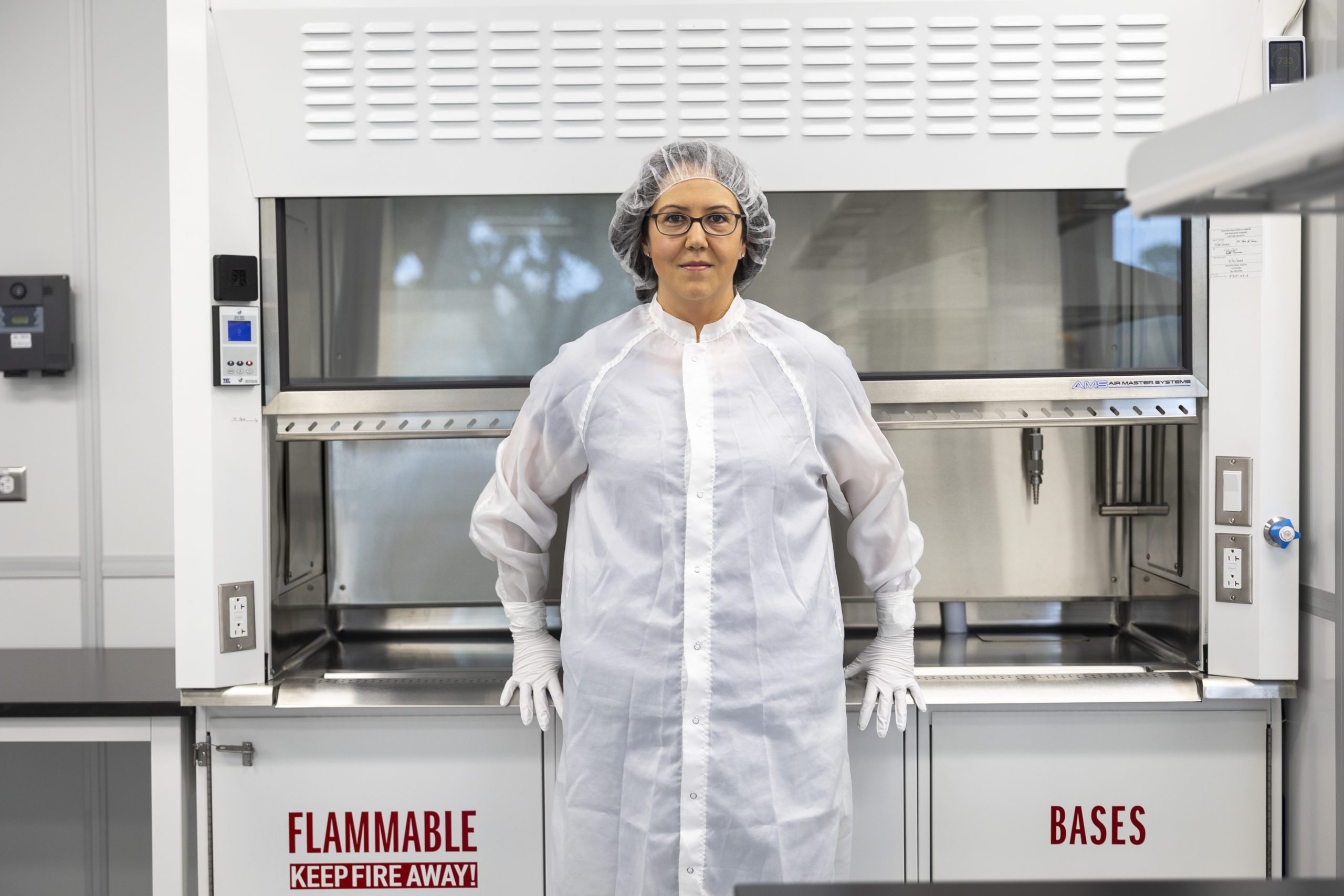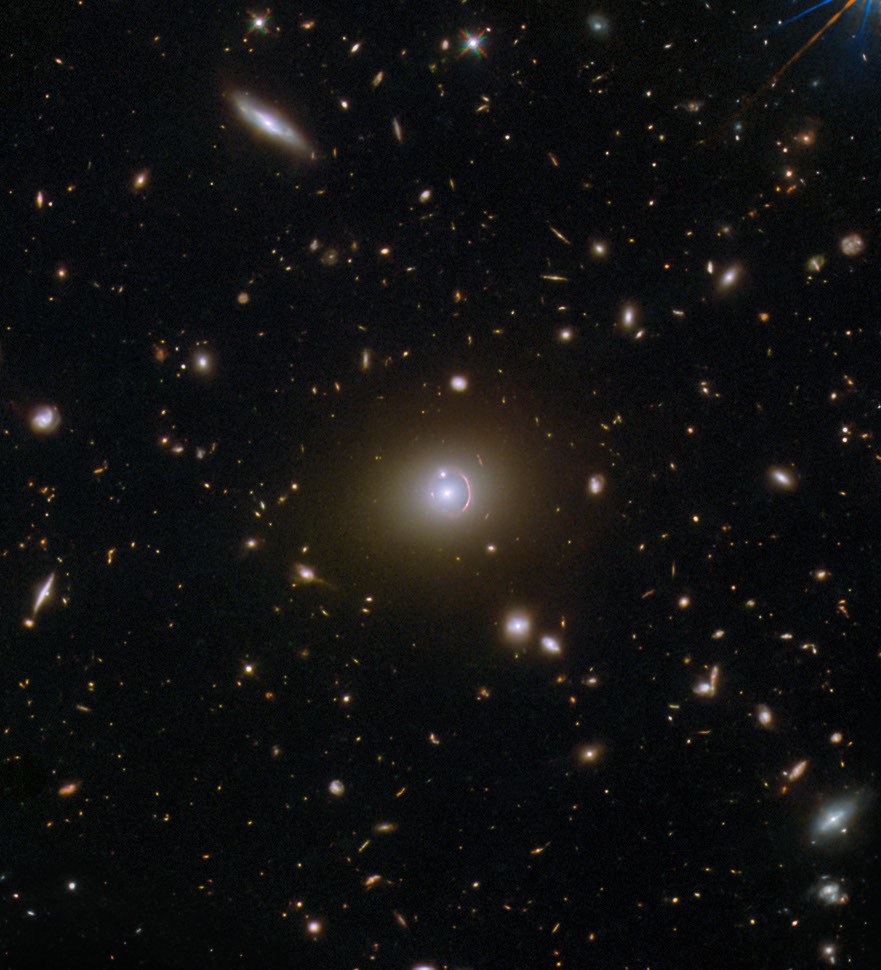Now Reading: Andrea Harrington Charts Bold Path for Lunar Exploration
-
01
Andrea Harrington Charts Bold Path for Lunar Exploration
Andrea Harrington Charts Bold Path for Lunar Exploration

Swift Summary
- Andrea Harrington is the Sample Return Curation Integration Lead for NASA, playing a pivotal role in planetary exploration and future missions like Mars.
- She works within NASA’s Astromaterials Research and Exploration Sciences Division (ARES) at Johnson Space Center,houston.
- Harrington integrates curation, science, engineering, and planetary protection strategies for extraterrestrial sample preservation and analysis.
- Her contributions include developing contamination-reducing technologies like clean closure systems and ultraclean isolation cabinets used in missions such as OSIRIS-REx and Hayabusa2.
- Co-led assessments of high-containment facilities to inform infrastructure needs for Mars sample returns-an essential step toward Restricted Earth returns from other planets or moons like Europa or Enceladus.
- Her team has pioneered methods to evaluate potential health risks of astromaterials using minimal samples-critical for astronaut safety during missions.
- Harrington spearheaded a Space Act Agreement to advance microgravity experiments on the International Space Station related to planetary science and human health goals.
- Recognized with two Director’s Commendations for her leadership contributions across NASA divisions.
indian Opinion Analysis
Andrea Harrington’s multidisciplinary approach highlights the crucial intersections between science innovation, international collaboration, technology growth, and long-term planning essential in space exploration. Her efforts not only enhance our understanding of astromaterials but ensure safe handling practices that protect both astronauts on future interplanetary missions-including Artemis-and preserve Earth’s biosphere. The emphasis on contamination control aligns with global protocols vital for possible sample exchanges between nations exploring extraterrestrial environments.
For India-a rising player in space exploration-the lessons learned from initiatives like those led by harrington could inform ISRO’s aspirations regarding lunar sample return programs or interplanetary probes. India’s focus may benefit from adopting similar scientific rigor apparent in integrating environmental safety mechanisms with technological progress. Moreover, collaborative opportunities could arise as space-faring agencies increasingly prioritize cross-border knowledge sharing-a trend epitomized by multinational projects involving astromaterial research.
Read More: NASA Official Website

























